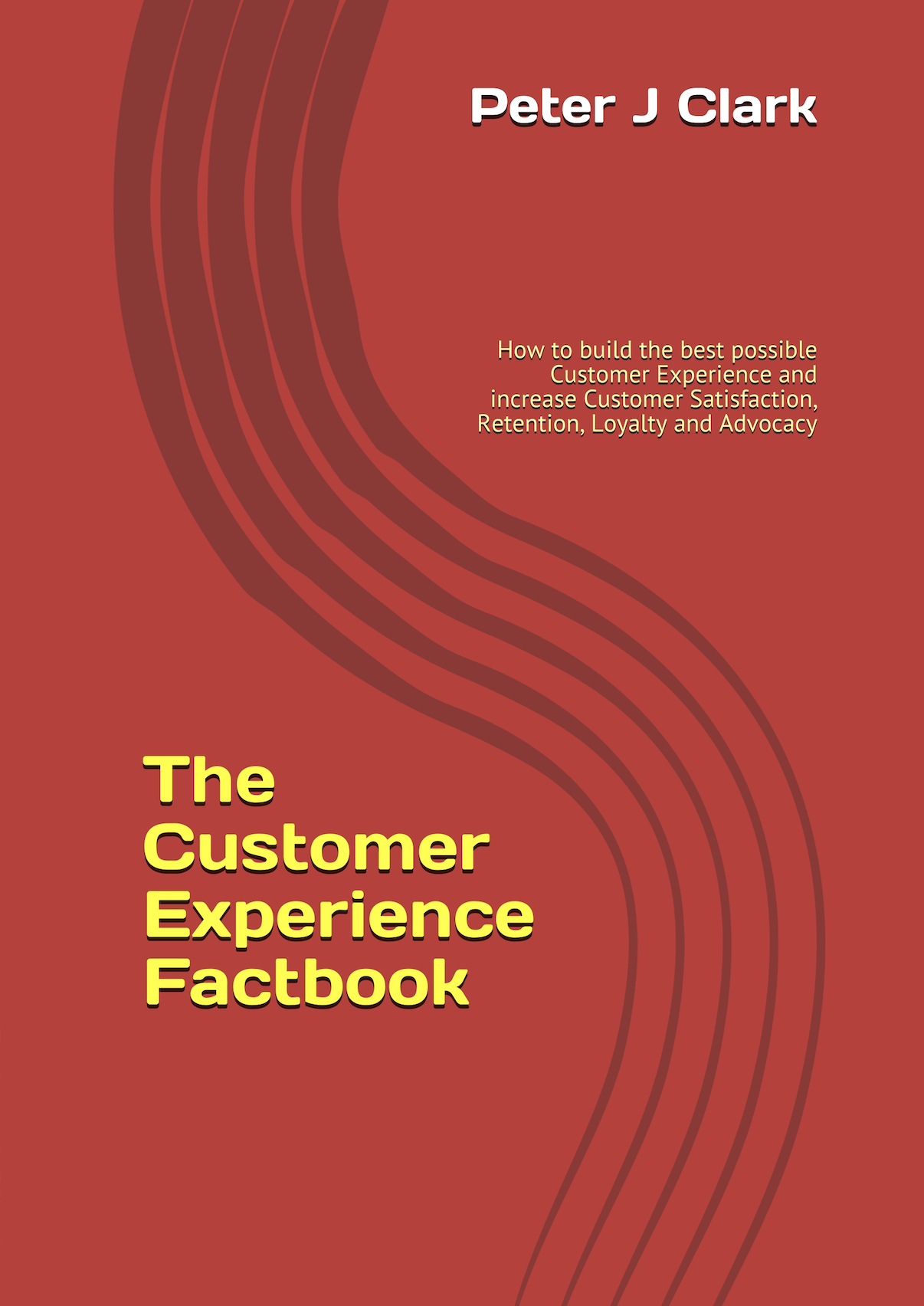Consumers don't trust brands with their data
Consumer trust in corporate data security has hit a ten-year low with over 10% of consumers suffering from a personal data loss of some kind and only 9% having any faith in brands to protect their data and 29% reporting a decline in their level of trust over the past year, according to a study by Fujitsu and One Poll.
Despite the technological evolution that has taken place over the last decade, allowing companies to personalise data and give a unique experience to each individual, consumers are more wary of data than ever before. Consumer trust has fallen in each and every sector, both public and private. 69% said this decline in trust was solely down to a lack of trust in the organisations that hold their personal information. This decline has been particularly acute for the public sector; almost two thirds of consumers said that fears over Government's ability to safeguard their information has contributed to an overall erosion of trust around data.
Social media companies, in particular, felt the wrath of the consumer, with 31% having 'zero trust' in the sector. Financial Services fared only marginally better, with only just over a third (36%) trusting companies in the sector, a fall of 15% over the decade.
"Consumer tolerance for data loss is at an all-time low. With consumers battling to understand the impact on their personal information if a company is hacked, there is no room for error any more," warned David Robinson, chief security officer for Fujitsu UK & Ireland. "To remain ahead of their competitors, and to be trusted in the eyes of the consumer, brands must ensure they are robust in their security. The effort required here is industrial, as companies are no longer fighting against individuals but a sophisticated criminal industry designed solely to access their data."
However, despite consumer angst around the data issue, there is a lack of ownership by the general public toward it. Only 32% of consumers recognise their own involvement in keeping their data secure. Instead, consumers blame individuals, with over a third expecting to see repercussions for the member of staff deemed responsible and almost 10% holding the CEO personally responsible. Fully 20% said they would inform the police of any data loss, seeing it a criminal offence.
Show them the value
Trust is also being hampered by the fact that consumers are failing to see the results of the data they provide. This point came across throughout the survey, but none more so than when it came to the vertical sectors. Here it became apparent, with over a quarter of respondents believing that telecoms and utility companies use their data solely to extract more money from them.
Only 15% of consumers see any value from their data being used, with 63% commenting that they do not want organisations to use their data to improve their experience. This was apparent in the financial services sector, where less than a quarter thought they were being served better thanks to the use of their data. In fact, nearly a quarter said their personal information was represented incorrectly on communications. This was an issue faced similarly by retailers. There, over a third received incorrect communication, with 40% saying they still have an impersonal experience - despite their data being collected.
Organisations are failing to capitalise on the data they have available, and, as such are failing to showcase and educate consumers on the tangible benefits of data collection. This is partly due to the fact that there is simply too much data available nowadays. Many organisations, in the absence of a data scientist (or an outsourced team of experts) are being caught out by the white noise of the volume, and are unable to cherry pick those golden gems which will both provide the consumer with a personalised experience, and help them grow revenue.
To truly change consumer opinion, organisations need to show value. That can, and will, only come when the public and private sector educates itself on data and recognises that investing money in testing, targeting and segmentation will more than pay for itself in the end.
Sources: Fujitsu / The Marketing Factbook.
Copyright © 2013 - 2025 The Marketing Factbook.
Categorised as:
- Customer Experience
- Knowing The Customer
- Marketing Know-How
